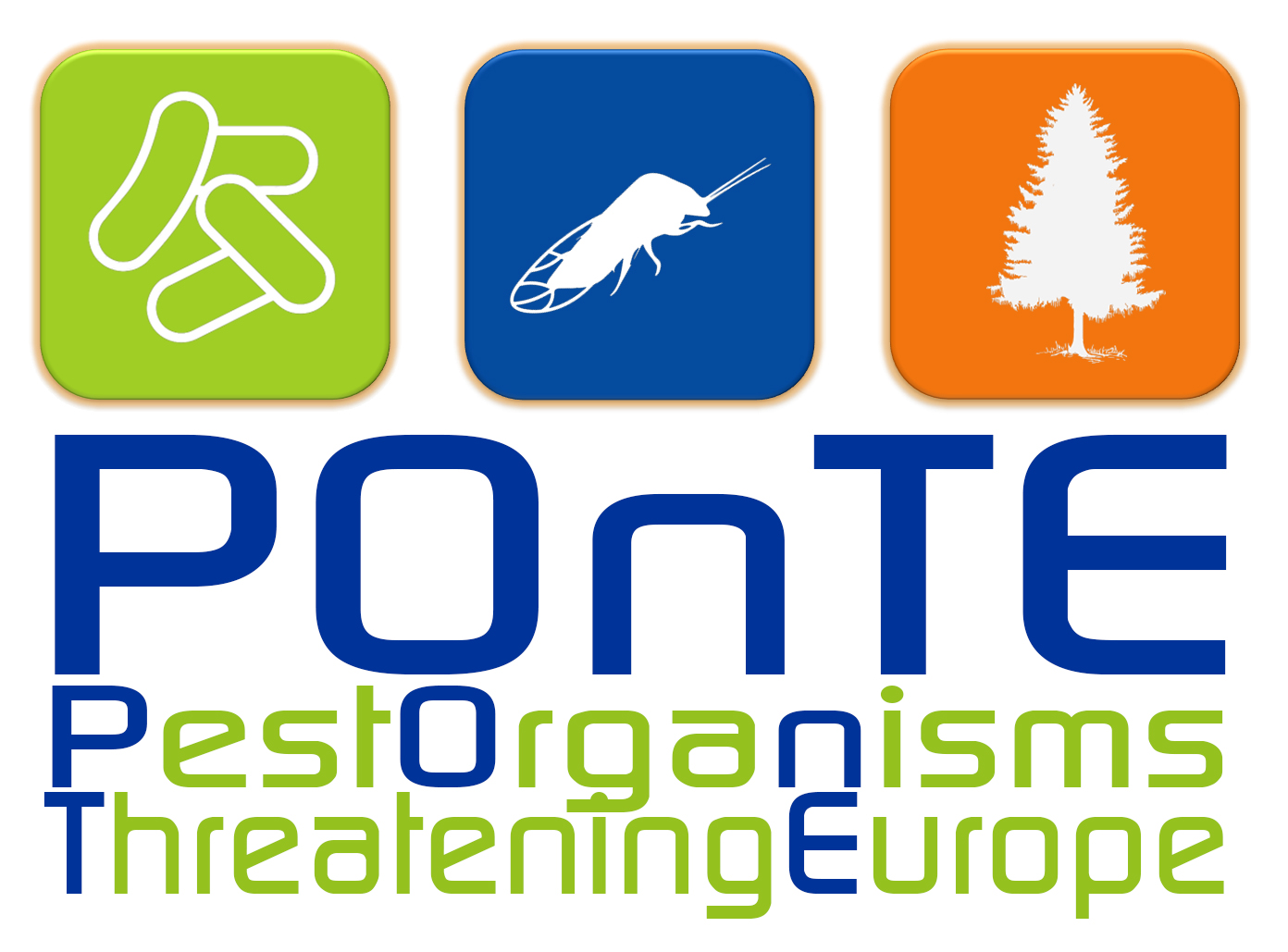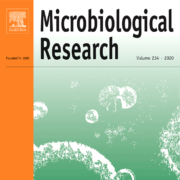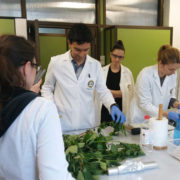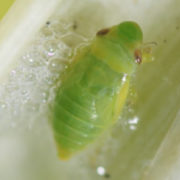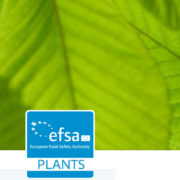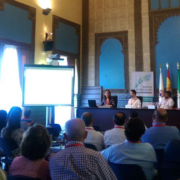Antagonistic activity of olive endophytic bacteria and of Bacillus spp. strains against Xylella fastidiosa
Affiliations
(a) Institute for Sustainable Plant Protection, National Research Council, Via Amendola 122/D, 70126 Bari, Italy
(b) Institute of Sciences of Food Production, National Research Council, Via Amendola 122/O, 70126 Bari, Italy
Abstract
Strains of Xylella fastidiosa subsp. pauca characterized by a specific genotype, the so called sequence type “ST53”, have been associated with a severe disease named Olive Quick Decline Syndrome (OQDS). Despite the relevant research efforts devoted to control the disease caused by X. fastidiosa, so far there are no therapeutic means able to cure the infected host plants. As such, the aim of this study was the identification of antagonistic bacteria potentially deployable as bio-control agents against X. fastidiosa. To this end, two approaches were used, i.e. the evaluation of the antagonistic activity of: i) endophytic bacteria isolated from olive trees located in an infected area but showing mild or no symptoms, and ii) Bacillus strains, as they are already known as bio-control agents. Characterization of endophytic bacterial isolates revealed that the majority belonged to different species of the genera Sphingomonas, Methylobacterium, Micrococcus and Curtobacterium. However, when they were tested in vitro against X. fastidiosa ST53 none of them showed antagonistic activity. On the contrary, when strains belonging to different species of the genus Bacillus were included in these tests, remarkable antagonistic activities were recorded. Some B. velezensis strains also produced culture filtrates with inhibitory activity against X. fastidiosa ST53. Taking also into account that two of these B. velezensis strains (namely strains D747 and QST713) are already registered and commercially available as bio-control agents, our results pave the way for further studies aimed at the development of a sustainable bio-control strategy of the OQDS.
This work was supported by the Apulia Region Research Program “Sperimentazione Finalizzata alla Prevenzione e al Contenimento del Complesso del Disseccamento Rapido del Olivo (CoDiRO)”- Project EZIOCONTROL and by the European Union Horizon 2020 research and innovation programs under grant agreements no. 635646 POnTE (Pest Organisms Threatening Europe).
Published on March 18, 2020 by MICROBIAL RESEARCH
